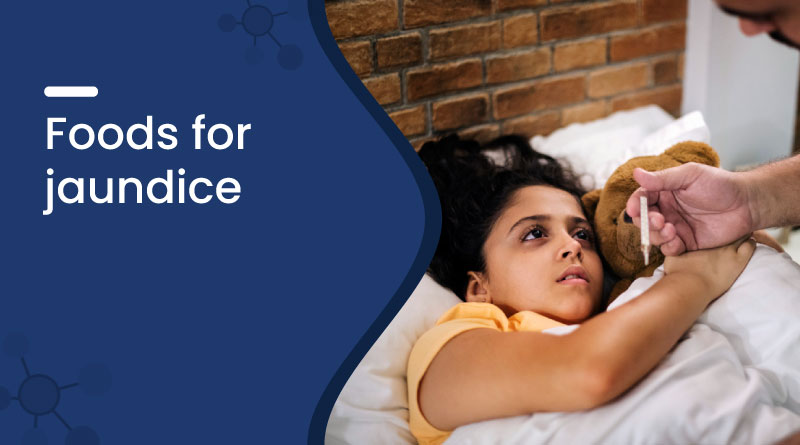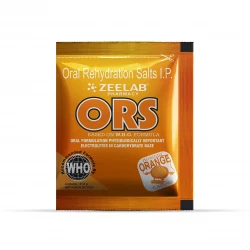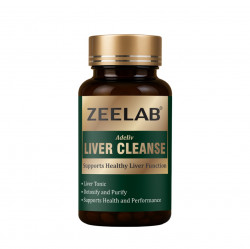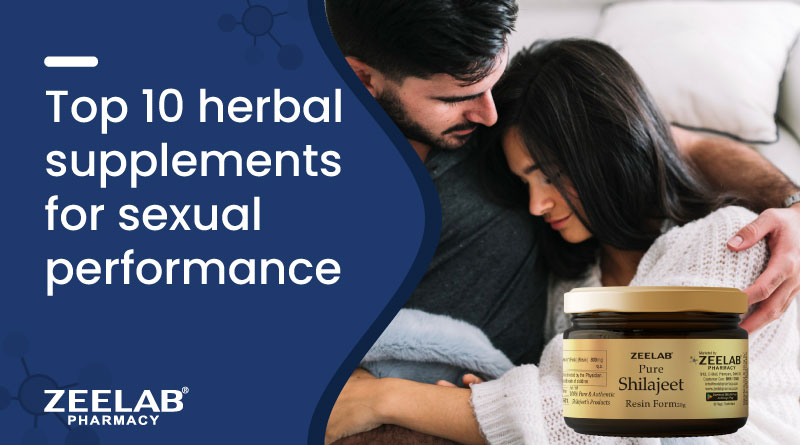Best Foods for Jaundice Recovery: Eat for Liver Health


Jaundice is a condition where yellow coloring appears on the skin and eyes. This happens due to a buildup of bilirubin—a yellow pigment that forms when red blood cells break down—in the bloodstream. Although jaundice isn’t a disease on its own, it usually points to deeper issues, most commonly related to liver function or other underlying health concerns that need medical attention. Proper diet plays a crucial role in managing jaundice and supporting liver health.
Causes and Signs of Jaundice
Jaundice is caused when the liver does not process bilirubin effectively, a yellow pigment formed during RBC breakdown. This results in bilirubin accumulation, leading to the characteristic yellow tint.
Common Causes of Jaundice:
- Liver diseases: Hepatitis (A, B, C, D, and E), cirrhosis, fatty liver disease
- Gallbladder problems: Gallstones blocking the bile ducts
- Hemolytic anemia: Excessive breakdown of red blood cells
- Certain medications: Some drugs and chemicals can harm liver function
Common Signs of Jaundice:
- Yellowing of skin and eyes
- Dark-colored urine
- Pale or clay-colored stools
- Fatigue and weakness
- Abdominal pain or swelling
- Nausea and loss of appetite
- Itchy skin
What Does Jaundice Affect in the Body?
- Liver Function: The liver’s ability to detoxify harmful substances, produce bile for digestion, and regulate metabolism becomes damaged.
- Digestive System: Bile blockage or poor bile production leads to problems digesting fats and absorbing fat-soluble vitamins (A, D, E, K).
- Blood System: High bilirubin affects red blood cells and can indicate excessive breakdown or poor clearance.
- Skin and Eyes: Bilirubin deposits cause yellow discoloration and may also cause itching.
- Immune System: Liver dysfunction can weaken immunity, increasing infection risk.
- Energy Levels: Fatigue and weakness are common due to metabolic disturbances.
Understanding these effects helps highlight the importance of timely treatment and supportive nutrition.
Also read - Liver Detox Supplement India
Best Foods to Eat During Jaundice
While medical treatment targets the underlying cause of jaundice, a supportive diet can accelerate liver recovery, reduce symptoms, and prevent further damage. Foods rich in antioxidants, vitamins, and minerals help detoxify the liver, improve bile flow, and strengthen the immune system.
1. Fresh Fruits and Vegetables:
- Fruits and vegetables are rich in fiber, vitamins (especially A, C, and E), and antioxidants, which help the liver detoxify and heal.
- Papaya, guava, oranges, and kiwi – high in vitamin C, which supports immune function and liver repair.
- Leafy greens (spinach, fenugreek, coriander) – contain chlorophyll that aids in cleansing the blood.
- Beets and carrots – Help stimulate liver enzymes and support bile production for better detoxification.
- Ash gourd (petha) – has cooling, detoxifying properties and helps soothe liver inflammation during jaundice.
Also read - Ash Gourd Benefits for Liver
2. Hydrating Fluids:
- Keeping well-hydrated is essential for flushing out toxins.
- Water – drink plenty of water, try to have at least 8 to 10 glasses every day.
- Coconut water – replenishes electrolytes.
- Fresh fruit juices (without added sugar) – help maintain energy and hydration.
3. Whole Grains:
- Complex carbohydrates provide energy without taxing the liver. These help maintain stable blood sugar and reduce liver workload.
- Brown rice
- Oats
- Whole wheat bread
4. Lean Proteins
- Protein supports tissue repair, but should be consumed in moderation during jaundice. Avoid heavy, fried, or processed meats.
- Egg whites
- Legumes and lentils
- Low-fat dairy products
5. Healthy Fats
- Include small amounts of fats that support liver function.
- Olive oil
- Flaxseed oil
- Nuts and seeds (in moderation)
Foods to Avoid in Jaundice
For the protection and healing of your liver, you may avoid or limit the following food items:
- Fried, oily, and spicy foods
- Alcohol and tobacco
- Processed and junk foods
- Red meat and high-fat dairy
- Excess salt and sugar
- Caffeinated beverages like coffee and tea
Lifestyle Tips Alongside Diet
- Make sure to get enough rest—it’s essential for your body’s healing process.
- Avoid self-medicating with over-the-counter drugs without medical advice.
- Practice good hygiene to prevent infections like hepatitis.
- Regularly monitor liver health through medical check-ups.
Conclusion
Jaundice might be an indication that your liver needs extra care. Medical treatment is really important, and so is having the right food items on your plate to support recovery. By eating the right foods, you can detoxify the liver and also restore its functions. Staying clear of greasy, processed, and junk foods is essential for better health. By choosing nourishing foods and following healthy habits, you can help your liver heal and feel better faster.
Frequently Asked Questions (FAQs)
Q. Can jaundice be prevented with diet?
A. Diet alone can't prevent jaundice, but maintaining liver-friendly eating habits can reduce the risk.
Q. Is drinking coconut water helpful in jaundice?
A. Yes. Coconut water helps keep the body hydrated, restores electrolyte balance, and supports liver health.
Q. Which fruits and vegetables should I eat if I’m suffering from jaundice?
A. You should eat papaya, oranges, guava, and ash gourd as they support liver detoxification and boost immunity.
Q. What should I not eat during jaundice?
A. Avoid oily, fried, spicy foods, red meat, alcohol, caffeinated drinks, and processed or sugary items, as they can burden the liver and delay recovery.
Sodium Chloride 2.6g + Potassium Chloride 1.5g + Sodium Citrate 2.9g + Dextrose 13.5g
1 sachet oral powder
Rohitak (20 mg) + Sharpunkha (30 mg) + Kalmegh (40 mg) + Apamarg (20 mg) + Aragwadha (40 mg) + Daruhaldi (30 mg) + Haridra (20 mg) + Bhringraj (40 mg) + Kutaki (50 mg) + Kumari (45 mg) + Giloy (20 mg) + Punarnwa (20 mg) + Pipli (25 mg) + Sudh Sheelajit (20 mg) + Mandoor (20 mg)
100 Capsules per jar
Recent Blogs
Disclaimer : Zeelab Pharmacy provides health information for knowledge only. Do not self-medicate. Always consult a qualified doctor before starting, stopping, or changing any medicine or treatment.


















 Added!
Added!